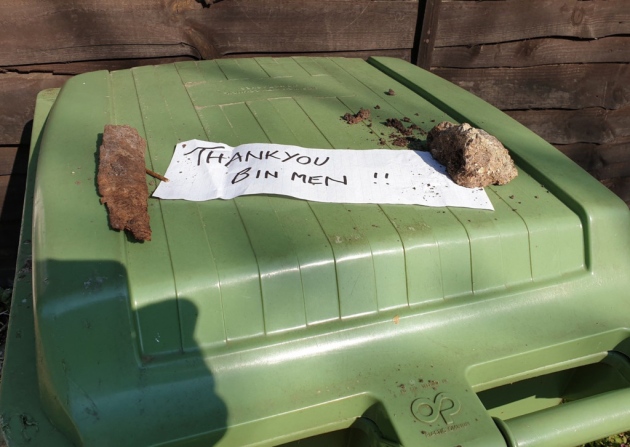
What Covid-19 means for our political settlement
What are the longer term implications of Covid-19 for the political realignment that was already underway? Events are moving very fast and the British government is facing unprecedented challenges. We have gathered some links to help you make sense of the issues at stake.
- John Gray explains why this crisis is a turning point in our history and what is likely to change.
- Mary Harrington: a different society is emerging, more place-bound, more mutualistic.
- Luke Bretherton advises that the crisis prompts us to ask why a good life cannot be one built on the domination, exploitation or abandonment of others.
- Nick Timothy argues that the global order was already unravelling and the crisis provides a historic opportunity to build something better.
- Ben Gummer believes that when historians look back at this time they will show that years before Covid-19 arrived, we were already embarked upon seismic political change.
- Adrian Pabst: the only lasting antidote to pandemics is a stronger civic society.
- Vidhya Alakeson: the Chancellor should hand power, not just money, to communities.
- Maurice Glasman sets out in detail the case for deconcentrating capital.
- James Rebanks says Britain needs to value its farmers and wake up to food security.
- David Goodhart sees commonalities between greens and conservatives when looking at the effects of the pandemic on globalisation and trade.
- Philip Booth notes that globalisation had major benefits: millions lifted out of poverty.
- Polly Mackenzie: when the Covid-19 crisis is over we will need a stimulus on a massive scale to rebuild our social bonds: relationships, friendships, and communities.
- Alasdair Soussi notes the return of a viable opposition as Keir Starmer is elected, but Blue Labour cautions that a spectre is haunting the Labour Party.
- Danny Kruger and Jon Cruddas join forces to argue that left and right must unite to repair our broken communities, as they participate in a cross party review, Repairing our Social Fabric.
Finally, we are sharing a link to a recent BBC Radio documentary, The End of the 30 Year Itch which examines the impact of Covid-19 on the new political era.
The programme tracks the big seismic events since 2008, beginning with the banking crash when the free market orthodoxy that framed British politics for thirty years hit the rocks. The decade of unstable politics that followed, culminating in the Brexit argument, was shaped by the experience of powerlessness among large sections of the population and culminated in a challenge to the dominant liberal political class. The ensuing power struggle, divided on conservative-progressive values boundaries rather than Left and Right, led to a three-year interregnum until it was settled by the 2019 General Election. Political realignment, on the cards for some time, had been anticipated by the Johnson government. Departing from Tory orthodoxy, the Conservative Party pivoted to the left on economics. The British electorate (with the exception of Scotland where the SNP was dominant) delivered a convincing majority rendering the collapse of the progressive Left. Thus the new political era had begun.
The programme asks if the promise to deliver a radical redistribution of power to working class voters will materialise and what impact Covid-19 will have on the new politics. Leading figures contributing include Jason Cowley, Maurice Glasman, Phillip Blond, Rachel Wolf, Mark Harrison, Danny Kruger, Adrian Pabst, Steve Richards, Dominic Sandbrook, David Skelton and others.
This is from our Easter 2020 newsletter
